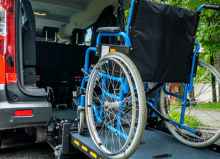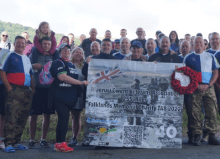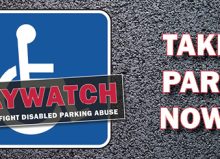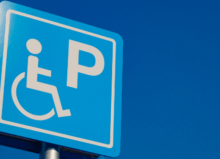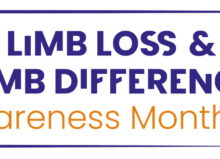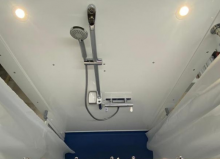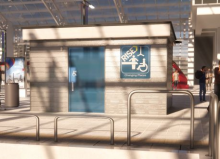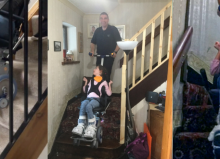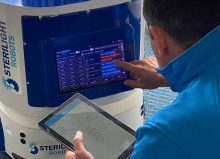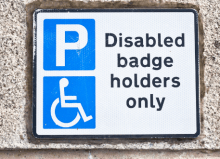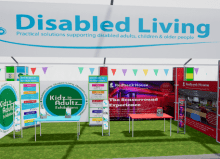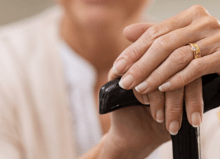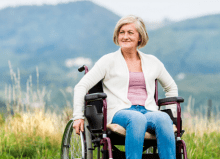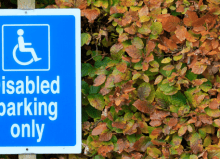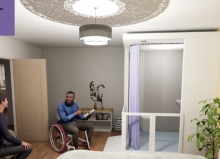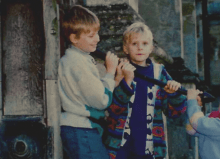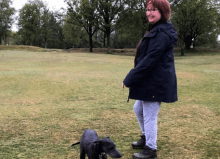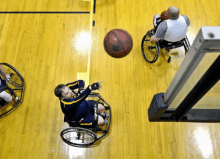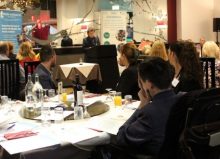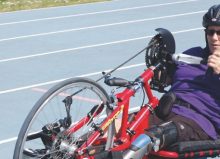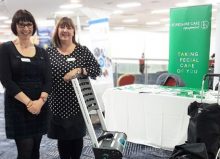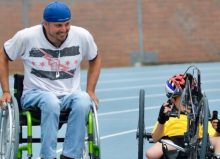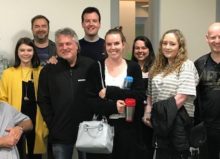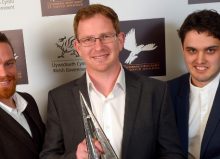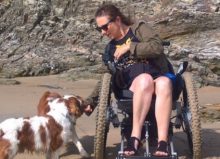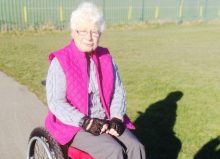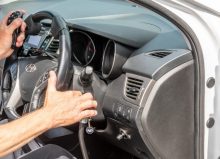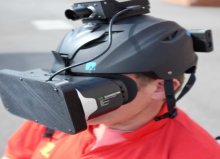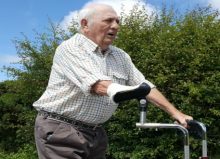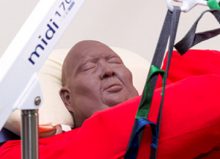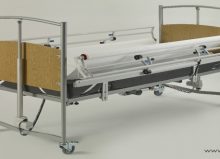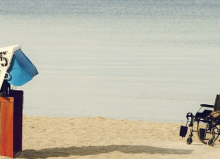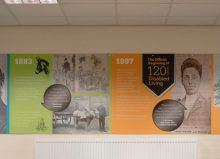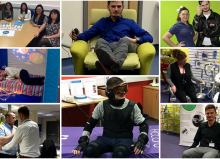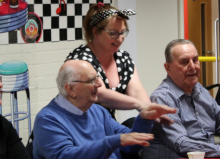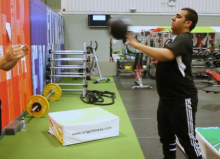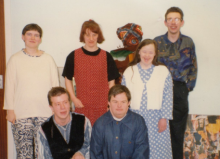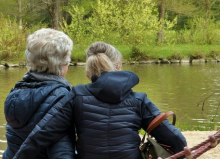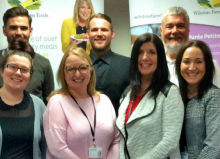In the Dock: Training on How to Avoid Legal Issues in the Workplace

At Disabled Living, we often see and help people who have had accidents at work. Hence, we have courses that help not only healthcare professionals, but also people in other industries such as construction and road building who may be exposed to certain hazards. The aim of the course is to keep people safe and prevent people from having injuries at work.
What does In the Dock training involve?
The day starts with a session from a solicitor who explains the process of making a claim in court and how to be successful. Delegates will be asked to stand up in the dock and listen to a real-life case. Afterwards, they will be asked to give their opinion on who won the claim. They are then asked to defend their decision as the solicitor cross examines them in the dock.
What will be covered on the day?
Real life cases, how the law works, health and safety at work law, negligence, blame.
Who will benefit?
The course will help workers stick to policies for their own safety and liability. Ultimately, this will help to increase safety in the workplace. The session will highlight real life cases to show what could happen if laws and policies are not adhered to.
Why do Disabled Living deliver this training?
All the training courses are arranged and delivered by Disabled Living. Each session addresses the issues faced by people wanting to remain as independent as possible. We want to deliver training to a diverse range of people in order to help prevention of issues in which people are faced with problems surrounding their independence.
In the Dock training case study – Road surface workers
Last week saw 60 men In the Dock facing a grilling by solicitor Phil Edwards, from Clarke Willmott, about their opinions on the legal cases presented before them. It became apparent that in defending their decisions, opinions are very diverse when it comes to apportioning blame in health and safety issues. Most were able to articulate and justify their decision on who should win the claim in court. However, there were a few surprises…
Why did the road surface workers end up In the Dock?
I was contacted by Abi the SHEQ coordinator at Phoenix Surfacing who had heard about the established ‘In the Dock’ legal sessions delivered by Disabled Living.
After discussing some of the health and safety issues faced in the construction and road building industry, we decided that a bespoke and condensed version of the legal session would be a unique and innovative way to highlight the need for adhering to policies to the busy road workers who don’t want to sit in a conventional training session.
What happened on the day?
After a great breakfast, the men from Phoenix were introduced to Disabled Living and to Phil Edwards, a highly regarded solicitor from Clarke Willmott who specialises in dealing with life changing and complex injury cases.
Topics of Discussion
- Accidents at work: Why do they happen? Who is to blame? What does the civil law say? When can people make a claim?
- Why should we worry? What are the potential implications, financial and physical? The room was very quiet when the subject of serious injury and death were broached.
- Legal consequences: liability, negligence.
Then came the debates!
This is when the room became a lot noisier.
From fights at the works Christmas party, to high platform level electrocutions, every man in the room had their own opinion of who was to blame.
Are the companies to blame or the individual? Phil coaxed each man In the Dock to say why he had reached the decision he had about the incidents.
A few of the men managed to articulately defend their decision about the outcome of the case. They were able to state correctly who was to blame and whether a claim could be made.
Others managed to become undone by the questioning and ended up tripping themselves up.
There were a few surprises when Phil stated what the result of the case was in the end. Sometimes the liability lies in unexpected places!
What else could we teach these guys?
Getting people to stand up and be interrogated In the Dock certainly was a great way to engage men who know all about health and safety. It was effective in highlighting what could happen to them and their co-workers if things go wrong, even when simple policies are ignored.
What surprised the organisers of the event was the enthusiastic engagement within the room. During coffee breaks, the conversation continued as to what should have happened and who had done what during the cases.
The workers at Phoenix Road Surfacing were asked if they had heard and taken on board anything that would affect the way they work and increase their safety.
The feedback was a resounding yes. Whether it was something significant or small that needed to change, the important thing was that by attending this interactive session, the changes will be made.
How will attending In the Dock make a difference?
If only one small thing changes as a result of attending this session (e.g. through saving someone from a serious injury), we have made a difference.
Highlighting best practice and the consequences that could occur if health and safety procedures are not followed is an effective way of getting the message across. Our In the Dock training manages to do this in an interesting and interactive way.
What do you think?
For more information and to sign up to one of our In the Dock training sessions, visit: https://www.disabledliving.co.uk/training/our-workshops/in-the-dock-with-an-expert-witness/


